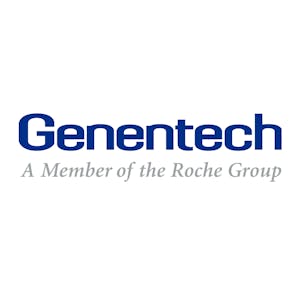This comprehensive course focuses on applying data science principles and methods in the context of clinical reporting. Learners will gain an understanding of the requirements for reporting clinical trials and how data science can be effectively utilized. The course explores the burden of faultlessness and transparency, the integration of DevOps practices and agile mindset, version control and git flows, making code reusable and robust, and assessing and managing risk. Through a series of engaging modules, participants will learn to work efficiently while ensuring compliance with industry standards.
The course is aimed at individuals interested in leveraging data science for clinical reporting, including professionals working in clinical research, data analysis, and pharmaceutical development. Through a combination of theoretical knowledge and practical applications, participants will gain valuable insights that can be directly applied to their work in clinical reporting and data science.
Certificate Available ✔
Get Started / More Info
This course comprises modules that delve into the application of data science in clinical reporting, covering topics such as faultlessness and transparency, DevOps practices, version control, code reusability, and risk management.
Making data science work for clinical reporting, this module introduces the fundamental principles of applying data science in clinical reporting and explores the importance of understanding the requirements for reporting clinical trials.
This module focuses on the burden of faultlessness and transparency in clinical reporting, covering topics such as CDISC standards, data quality control, pseudonymization, and anonymization. It also includes an assessment to reinforce learning.
Bringing DevOps practices and an agile mindset to clinical reporting, this module introduces the concept of agile and DevOps practices, emphasizing their applicability in the context of clinical reporting. It also includes quizzes and reflection activities.
This module delves into version control and git flows for reproducible clinical reporting, covering the basics of version control, Git, collaboration via GitHub, and the use of Git in RStudio. It also includes an assessment to reinforce learning.
Focusing on making code reusable and robust in clinical reporting, this module discusses InnerSourcing, R package development, clean code, CI/CD workflows, and setting up CI/CD for an R package on GitHub.
Assessing and managing risk, this module explores the considerations for package quality, understanding community behind Open Source projects, and tools for assessing and understanding risk in R packages. It also includes quizzes and practical activities.
The conclusion module provides a comprehensive wrap-up of the course, summarizing key learnings and insights gained throughout the modules.
Data Science: Foundations using R provides a comprehensive introduction to data analysis and visualization using the R programming language.
Learn to access, parse, and visualize bioinformatics data from various databases using Biopython in this 1-hour guided project.
Learn to effectively use the dplyr package in R for data analysis and transformation. Build your own data analysis pipelines, filter interesting observations, and...
Time Series Data Visualization And Analysis Techniques